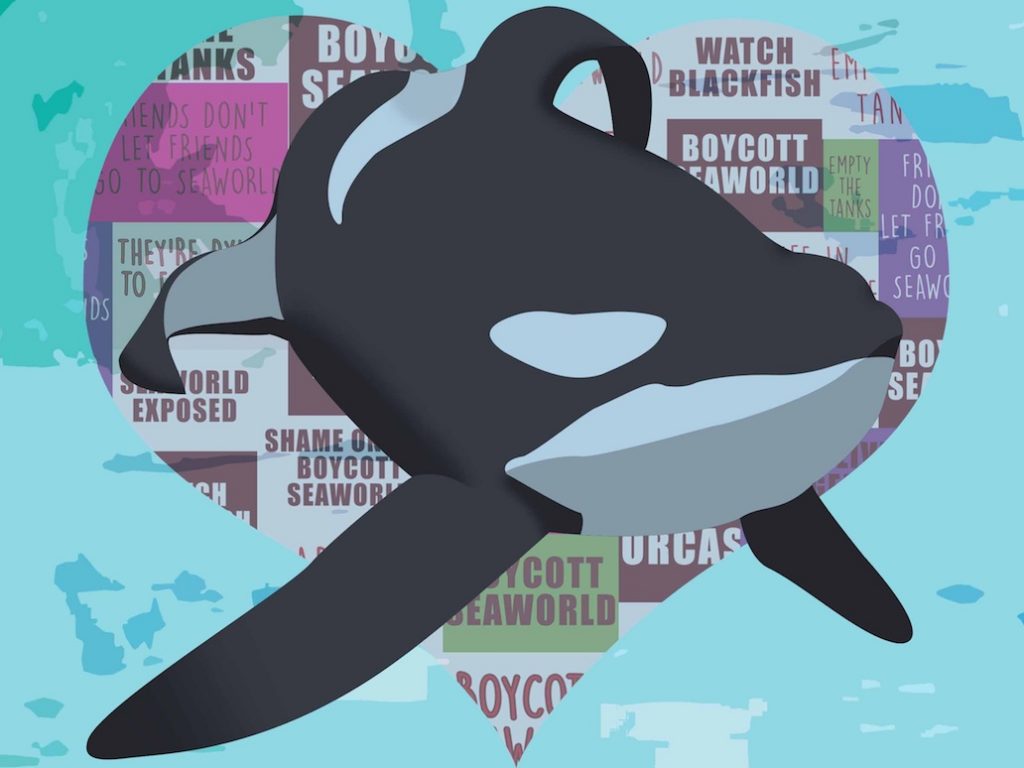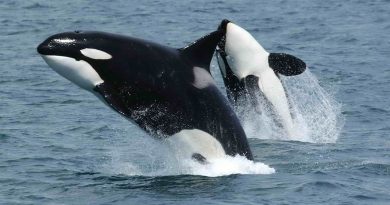The tragic death of Tilikum the whale
After over 30 years, Tilikum, SeaWorld’s most well-known whale, died on Jan. 6, 2017.
Tilikum — nicknamed Tilly — was the star of the documentary “Blackfish,” which focused on sea parks’ underlying problems with keeping animals captive.
According to the Whale and Dolphin Conservation site, Tilikum was born in Iceland. “It was here in early Nov. 1983 that Tilikum, no more than two years old, was ripped from his mother’s side and hauled out,” the site says.
The first seapark home that Tilikum was brought to was in Victoria, British Columbia, Canada in 1984. Tilikum, according to the conservation, had psychosis and subsequent behavioral problems that some believe was caused by his treatment at Victoria’s Seaworld.
“Each night, Tilikum was isolated and stored in a module, which was no more than an aquatic kennel, for up to 14 hours at a time,” the conservation says.
Some believe this caused him to drown a trainer in 1991, forcing the park to shut down. In 1992, Tilikum was shipped off to SeaWorld in Orlando, Florida.
After Tilikum killed a Florida resident who snuck into the park in 1999 and a trainer in 2010, he was isolated in a holding tank at Seaworld with little to no contact for six full years before his death.
According to the conservation, Tilikum’s purpose for those six years was strictly for them to use his DNA for SeaWorld’s breeding program.
Tilikum was heavily utilized in SeaWorld’s breeding program. Within the last few months before Tilikum’s death, SeaWorld promised to end its breeding program.
PETA’s Senior Vice President Lisa Lange said that was too little too late.
“SeaWorld’s announcement that it’s ending its breeding program came too late for Tilikum, who was bred 21 times — and 11 of his offspring died before he did. From the moment he was taken from his ocean family, his life was tragic and filled with pain, as are the lives of the other animals who remain in SeaWorld’s tanks and exhibits.”
The SeaWorld Cares website states, “The killer whales in our care will be the last at SeaWorld. We haven’t taken a whale from the wild in nearly 40 years. Now, we’re going further and have ended our orca breeding programs.”






